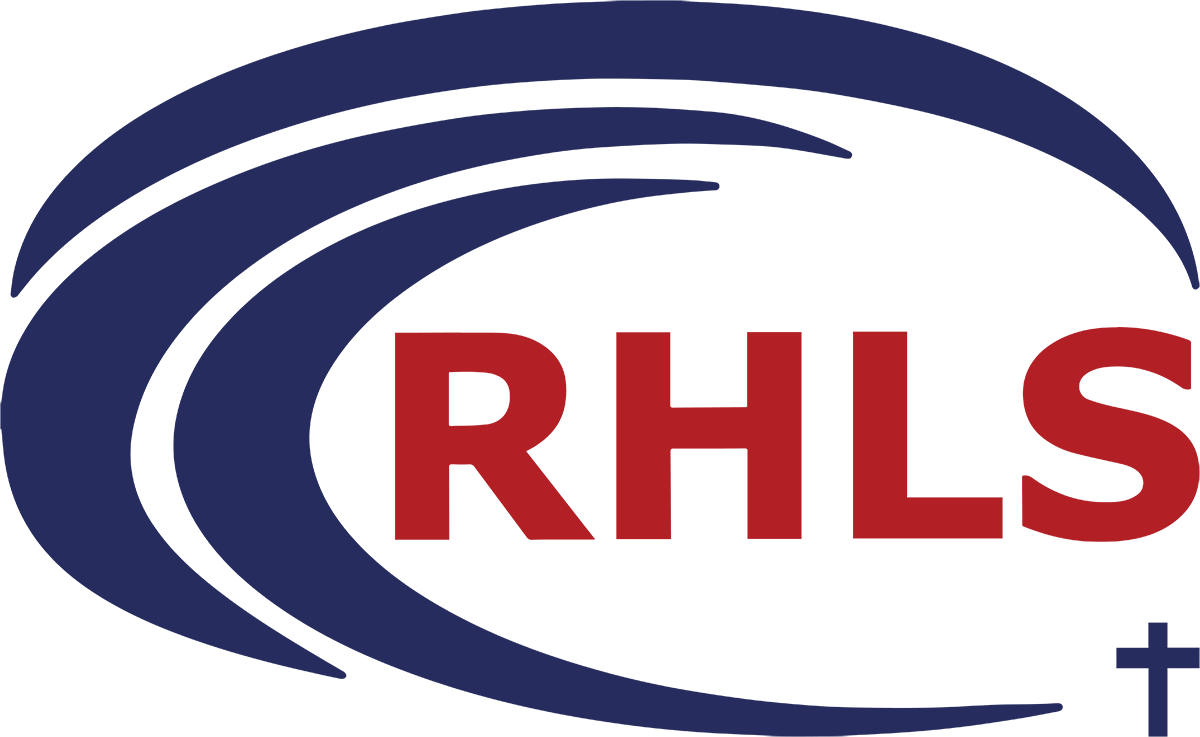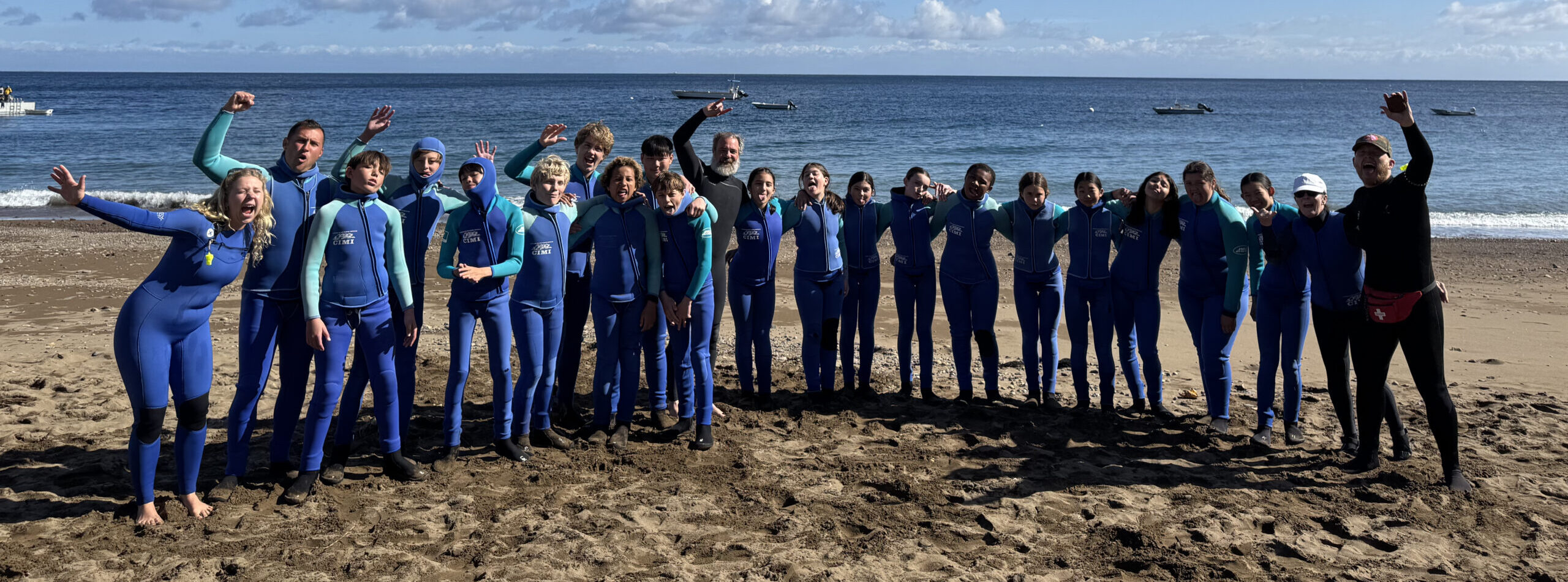
Welcome to Science
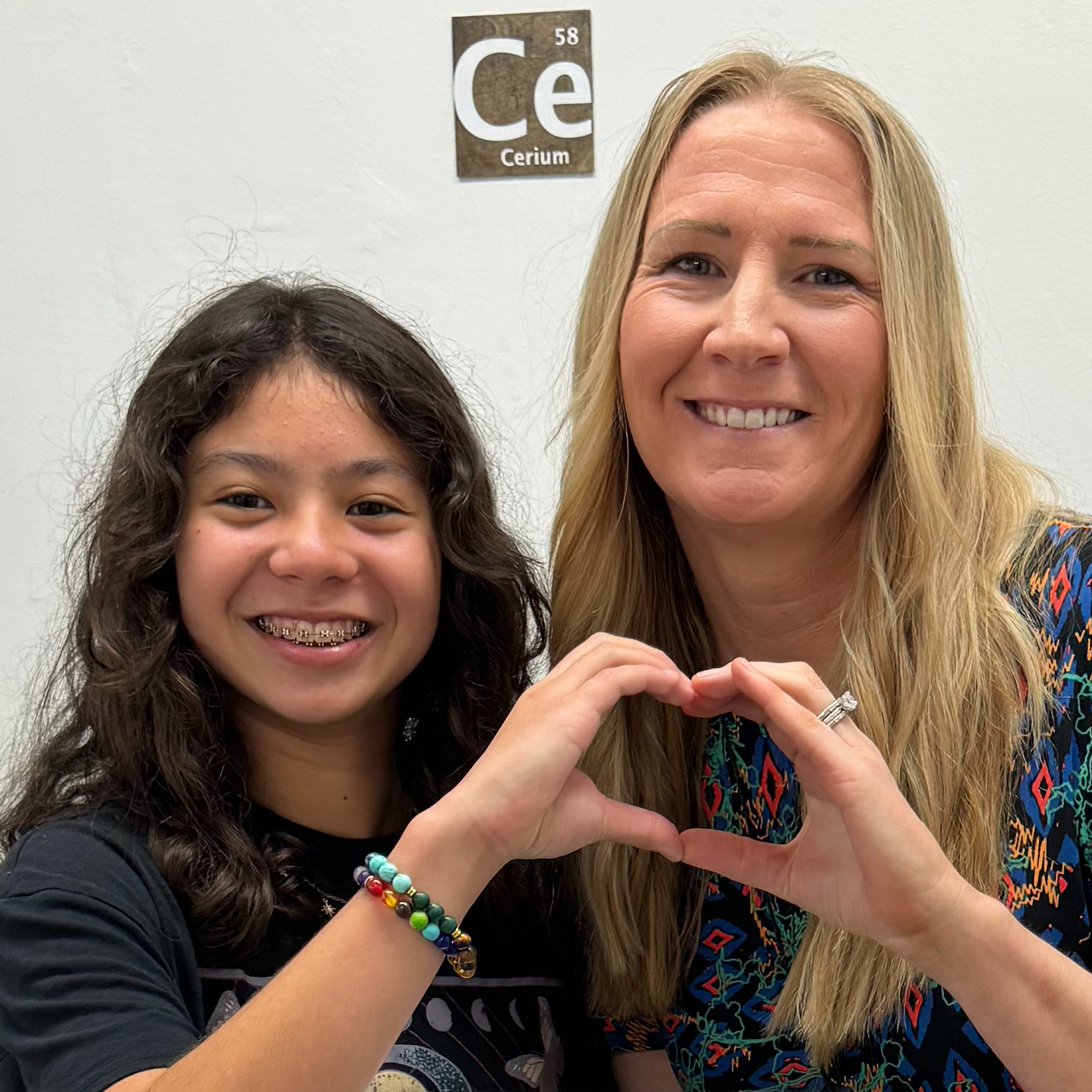
Middle school is an exciting time in science education! During this time, students begin to develop critical thinking and investigative skills that prepare them for high school and beyond. They learn to think like scientists—asking questions, forming hypotheses, designing experiments, and analyzing results. Middle School is unique because students begin to connect scientific concepts to the real world in meaningful ways, often through hands-on labs, activities, and collaborative projects. Our program tries to include one of these per chapter in science. Some of the top skills students build include scientific writing, note-taking, data analysis, and effective teamwork while having fun.
Mrs. Nycette Vedvick, Science Teacher
Curriculum Approach and Philosophy
Our science curriculum explores Earth, Life, and Physical Sciences through engaging units. A major milestone in this grade is using the Scientific Method and learning how to apply it across multiple scientific disciplines. We value curiosity, experimentation, and reflection—creating a classroom where questions lead to discovery and mistakes lead to solutions.
6th Grade: Earth Science
This Earth Science program is organized into four units: Earth Systems and Processes, Plate Tectonics and Earth’s Structure, Weather and Climate, and Ecology and Resources. Students explore the Earth’s energy sources, weathering, erosion, and landscape formation; examine tectonic activity and its impact on Earth’s surface; analyze atmospheric conditions that influence weather and climate; and study ecosystems, organism adaptations, and the pros and cons of different energy resources.
7th Grade: Life Science
Our Life Science program consists of four units: Looking at Cells, Genetics, Structure and Function in Living Systems, and Structure and Function in the Human Body. Students begin by exploring scientific inquiry, the role of light in vision, cell structure, and how cells obtain energy. In the Genetics unit, they learn how traits are inherited from parents to offspring. The Structure and Function in Living Systems unit examines the diversity and functions of vertebrates and invertebrates across different domains and kingdoms. The final unit, Structure and Function in the Human Body, focuses on how muscles and bones work together, the roles of the circulatory and respiratory systems, and the coordination of the nervous, endocrine, and reproductive systems. The program includes videos, vocabulary assessments, and at least three dissections, such as a cow eye and squid. Lab participation and written reports are required, with students taking increasing responsibility for writing their own conclusions.
8th Grade: Physical Science
Physical Science is divided into four units: Chemical Building Blocks, Chemical Interactions, Astronomy, and Motion, Forces, and Energy. The first five months are dedicated to chemistry, covering both the Chemical Building Blocks and Chemical Interactions units.
In Chemical Building Blocks, students explore scientific investigation, states of matter, and the organization of the periodic table. They are required to memorize atomic numbers, names, and symbols up to Xenon, as well as identify element families and their properties. The Chemical Interactions unit focuses on chemical reactions, compound formation, the characteristics of acids and bases, and carbon’s role in chemistry. Students apply their understanding of the periodic table to conduct and control reactions during labs.
The Astronomy unit introduces students to the solar system, galaxies, and the structure and composition of the universe, along with how scientists study space. The final unit, Motion, Forces, and Energy, covers basic physics concepts such as motion, changes in velocity, and buoyancy. This unit concludes with STEAM-based projects where students design and build a car using Newton’s Laws and a functional marble roller coaster based on specific guidelines.
Special Projects
Our science curriculum incorporates hands-on projects that encourage students to engage deeply with scientific concepts while fostering creativity, teamwork, and essential life skills. The course has some one day activity and min projects but also involves more in depth project based learning, highlighted below. These projects are primarily completed in the classroom, though some components may be finished at home. Students learn valuable time management and project planning skills as teachers guide them through each phase—breaking tasks into manageable steps and providing clear examples and expectations.
6th Grade
- Volcano Project: Students explore geological processes by constructing and demonstrating model volcanoes, learning about volcanic activity, types of eruptions, and earth science fundamentals. Students learn aesthetics with poster layouts.
- Climate Change Project: This project combines art and writing to help students explore the important topic of climate change. Students create a drawing that illustrates an aspect of climate change, then write a short essay explaining their artwork, what climate change is, why it matters to them, and how we can all help.
7th Grade
- Animal Project: Students research an animal of their choice, focusing on habitat, adaptations, and role in its ecosystem, presenting findings through creative displays (posters or models).
- Anatomical Card Project: Students make creative informational cards detailing a human body organ and its function, enhancing their understanding of anatomy and physiology.
8th Grade
- Periodic Table Element Character Project: Students choose an element and personify it through a creative character that reflects its properties, uses, and placement on the periodic table.
- Place in Space Project: Students investigate a celestial body or space-related topic and present it through digital or physical poster presentations, creatively advertising and selling their location. Students and teachers at RHLS vote for the best poster created.
- Newton’s Car Project: Students design and build a model car to demonstrate Newton’s Laws of Motion, applying physics principles to a real-world engineering challenge. Competitions on speed, distance, and car design are held.
- Marble Roller Coaster Project: Students construct roller coasters using marbles to explore concepts such as gravity, energy transfer, and momentum in a fun, hands-on experiment. This is the final project and competition for the school year; highly competitive!
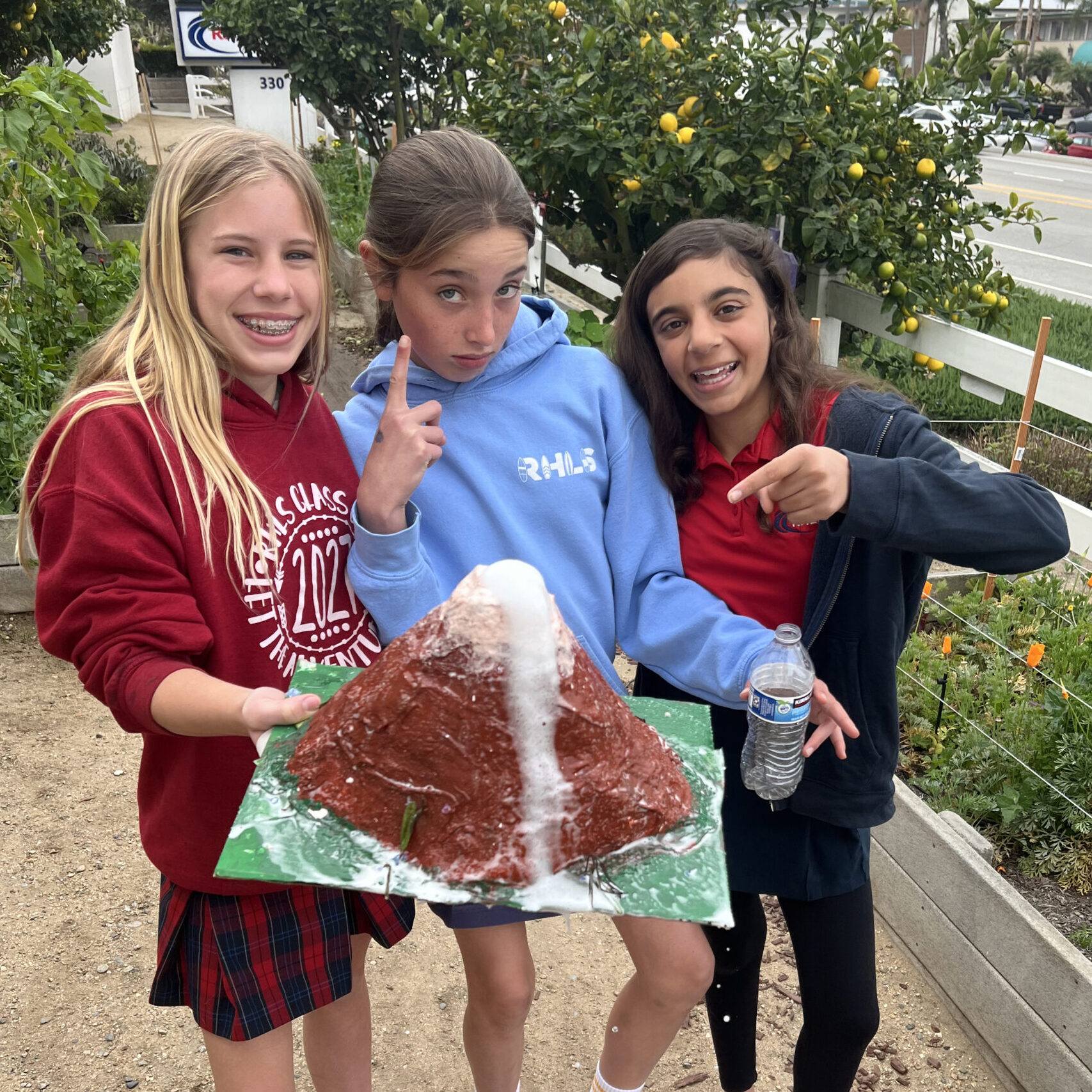
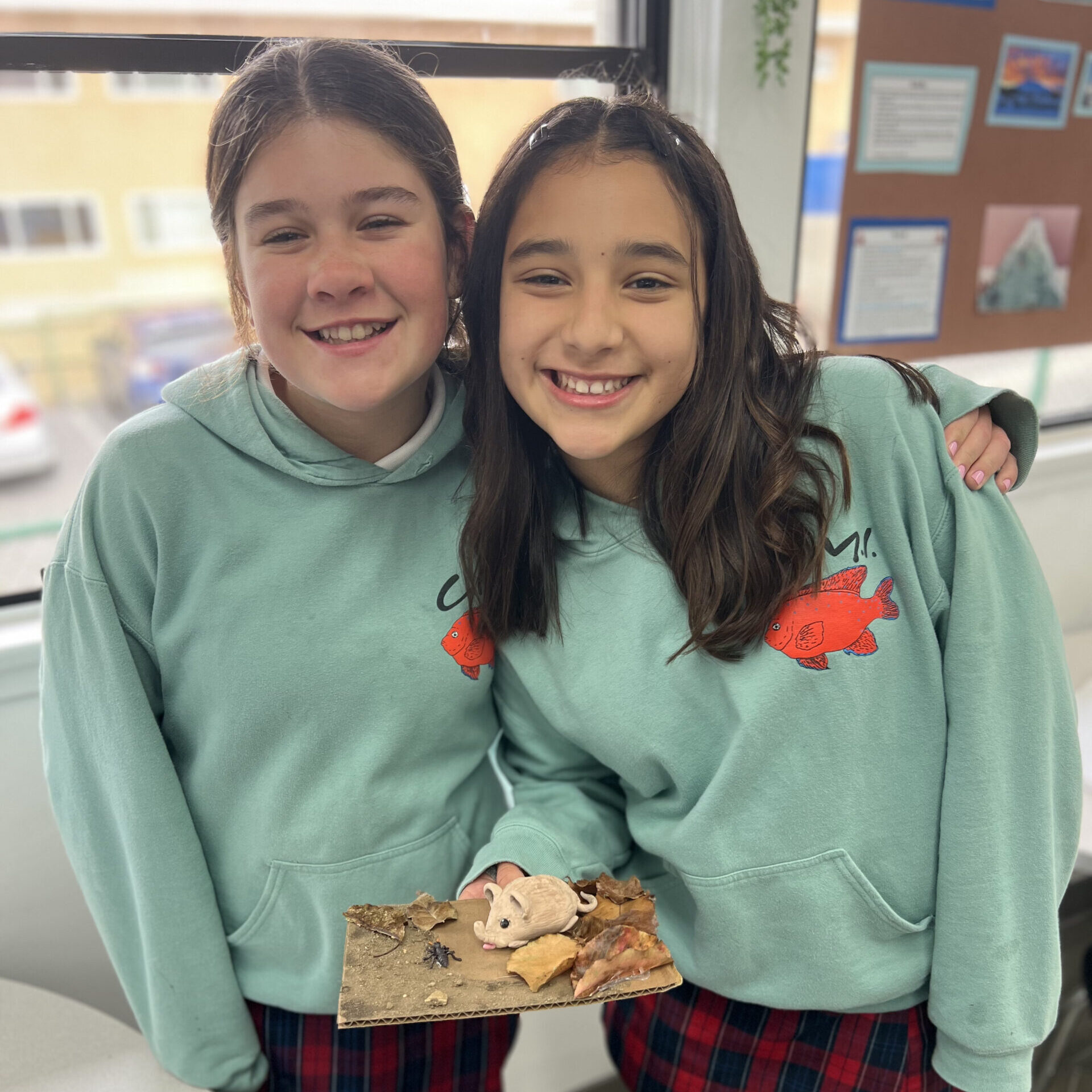
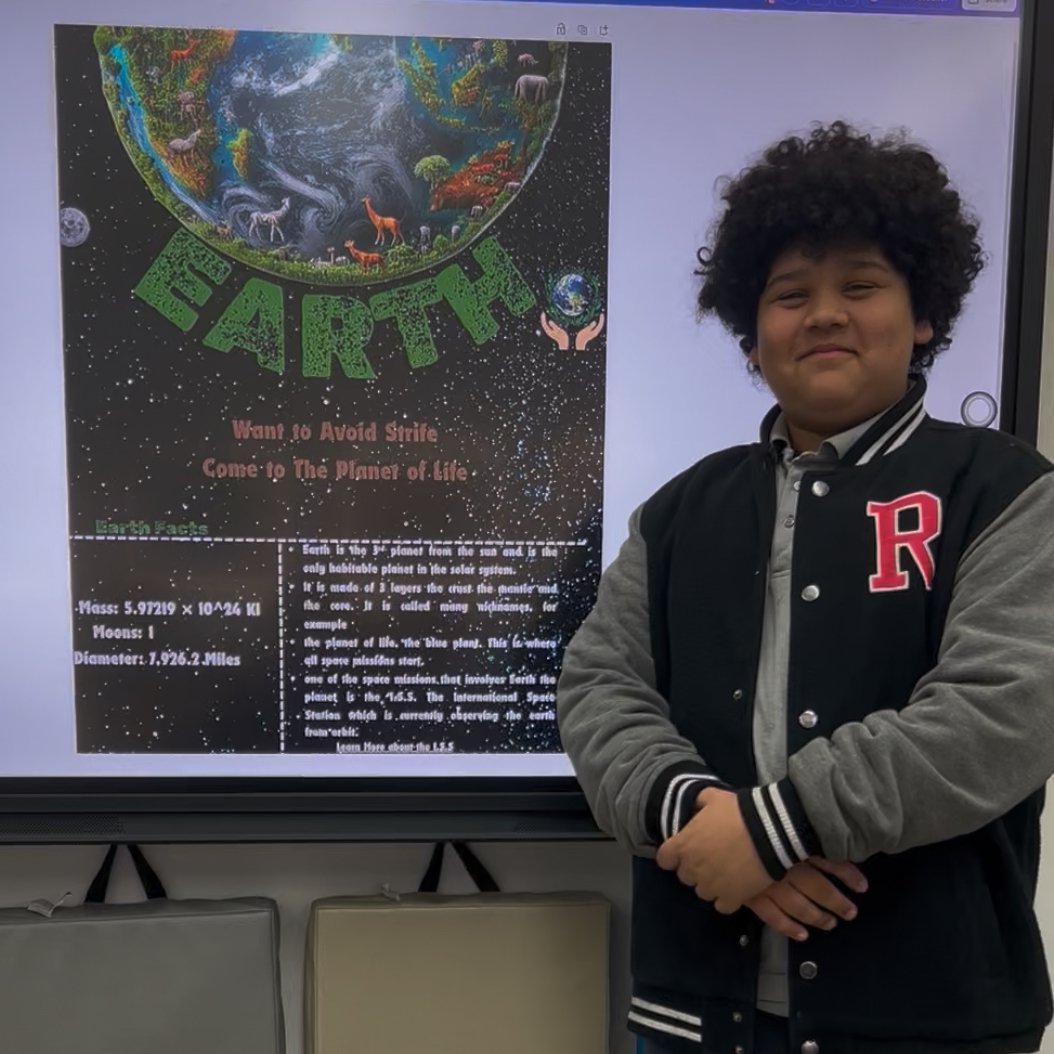
6th Grade Trip: AstroCamp
AstroCamp is an overnight, 3 day science adventure camp in the mountains where students explore physics, astronomy, and space science through hands-on experiments and outdoor activities. Students get to experience things like building windmills, using telescopes, and learning about chemistry and space in a fun and engaging way.
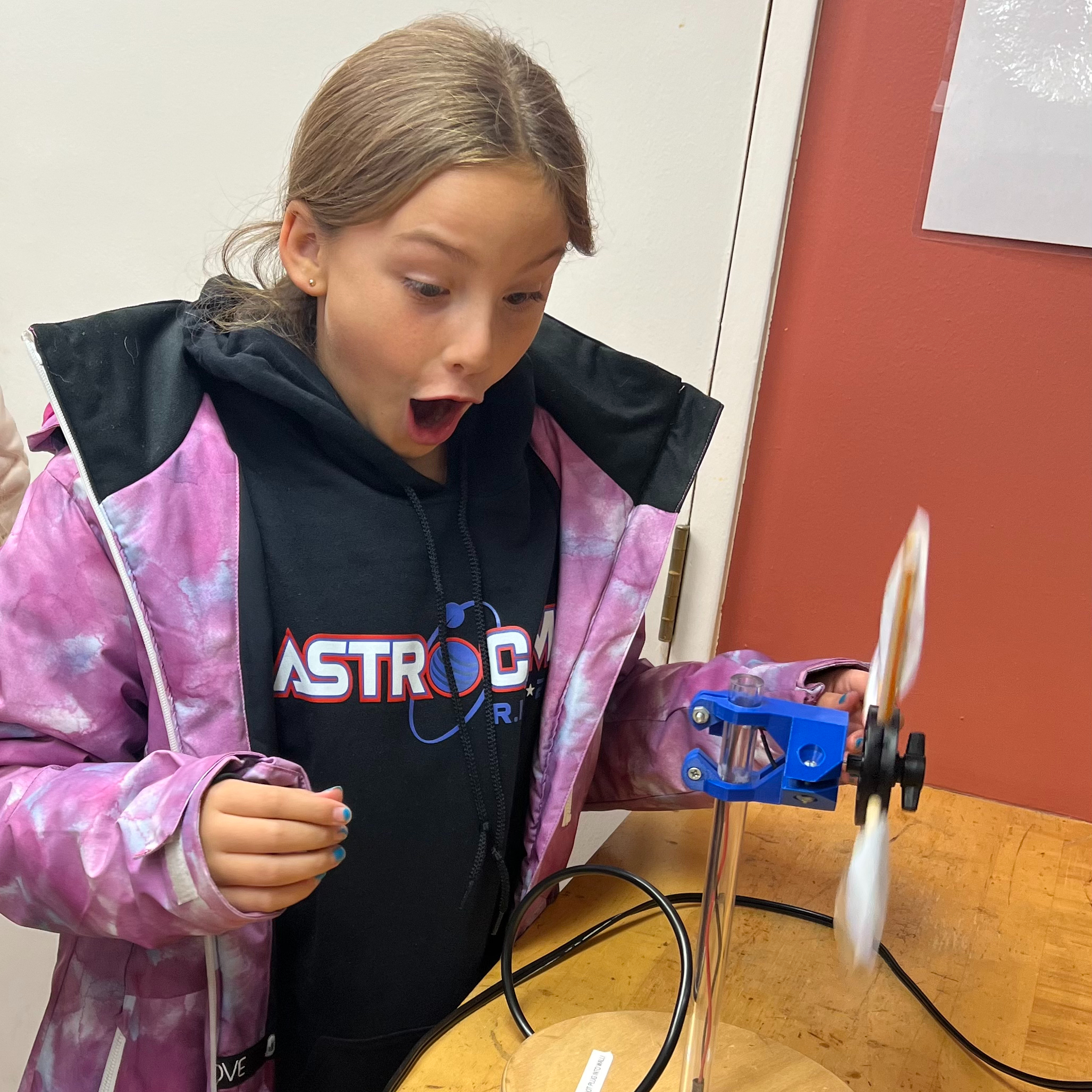
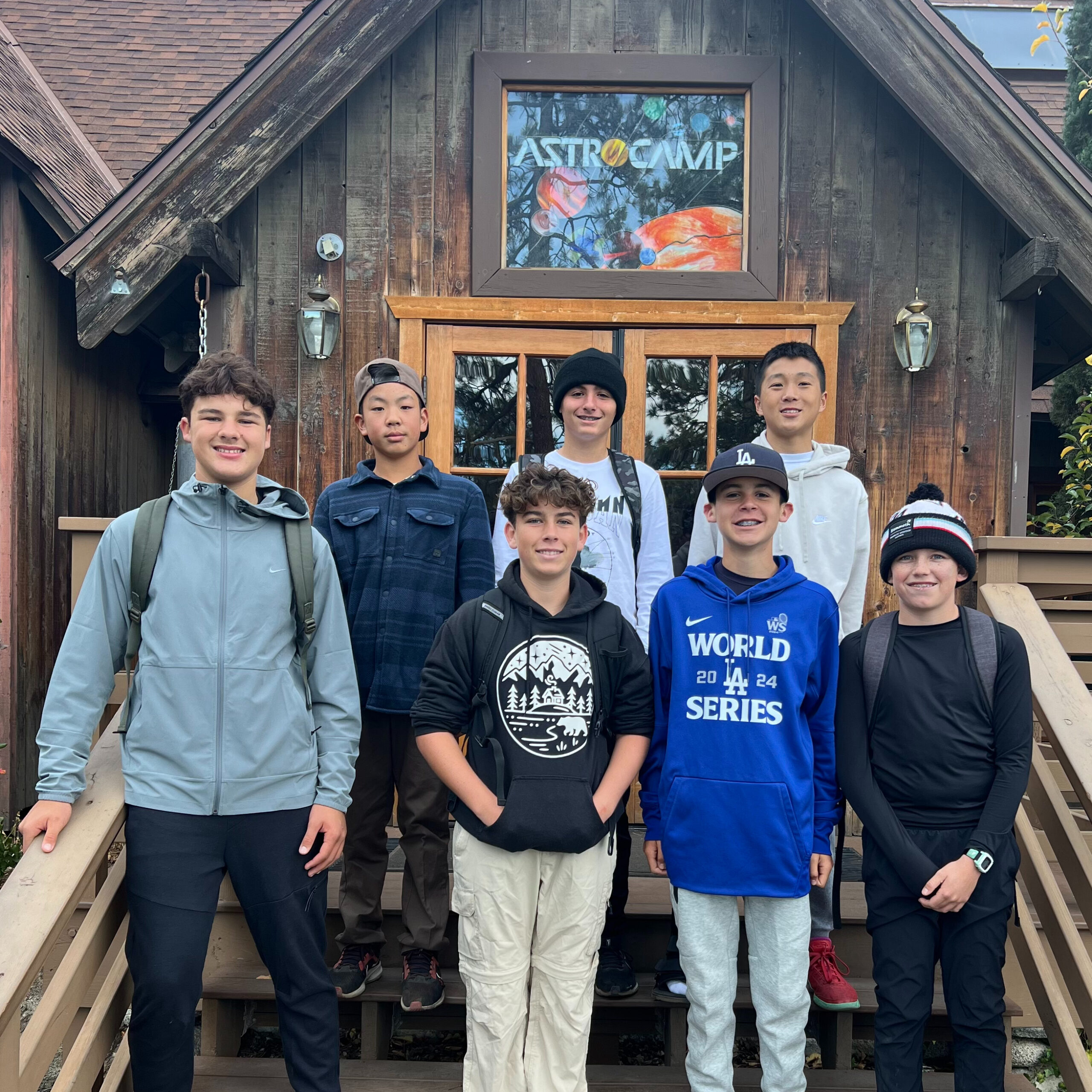
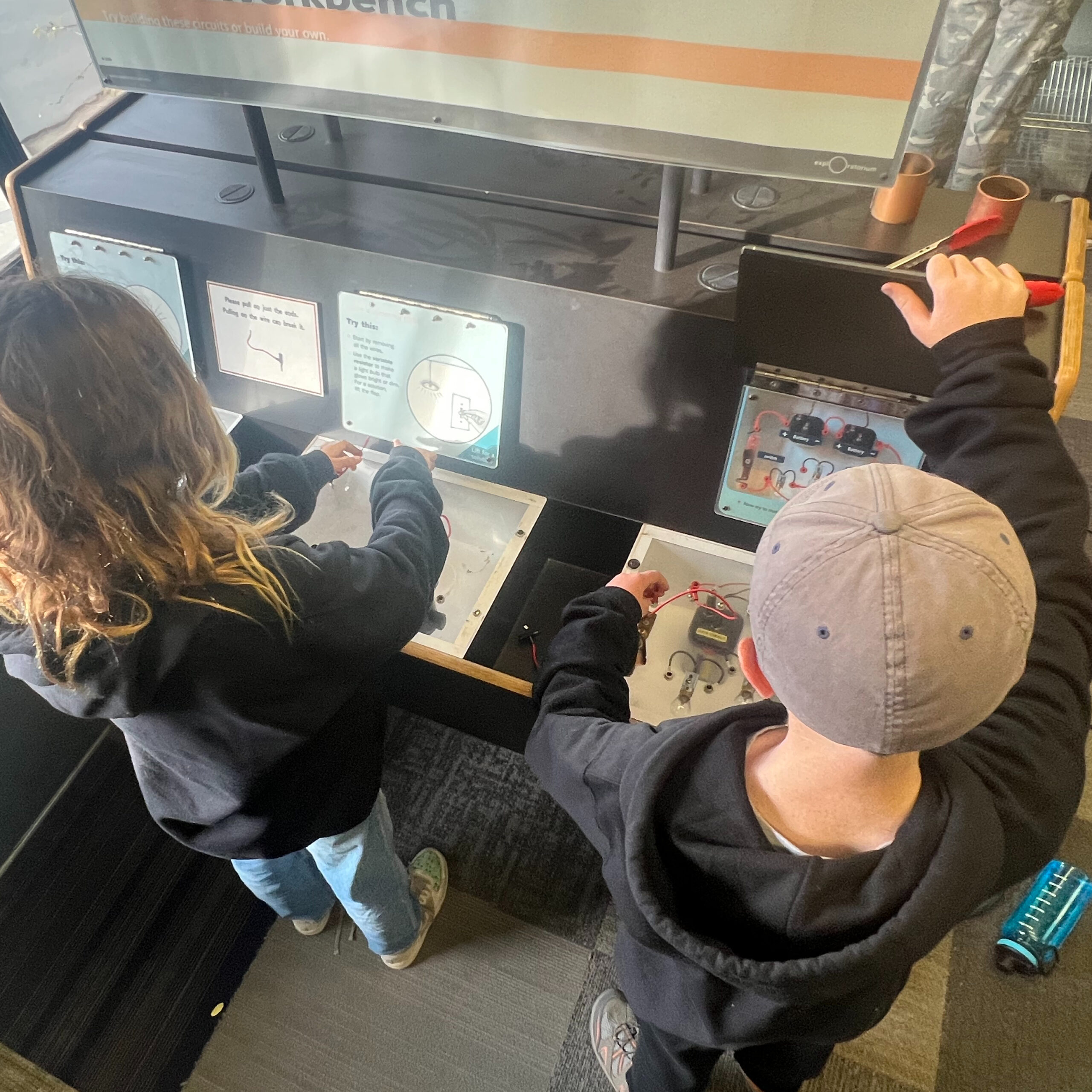
7th Grade Trip: CIMI
CIMI (Catalina Island Marine Institute) is an overnight, 5 day educational camp on Catalina Island where students learn about marine biology and ocean ecology through hands-on activities. Campers explore the ocean by snorkeling, kayaking, and hiking while studying sea life in a fun, outdoor environment.
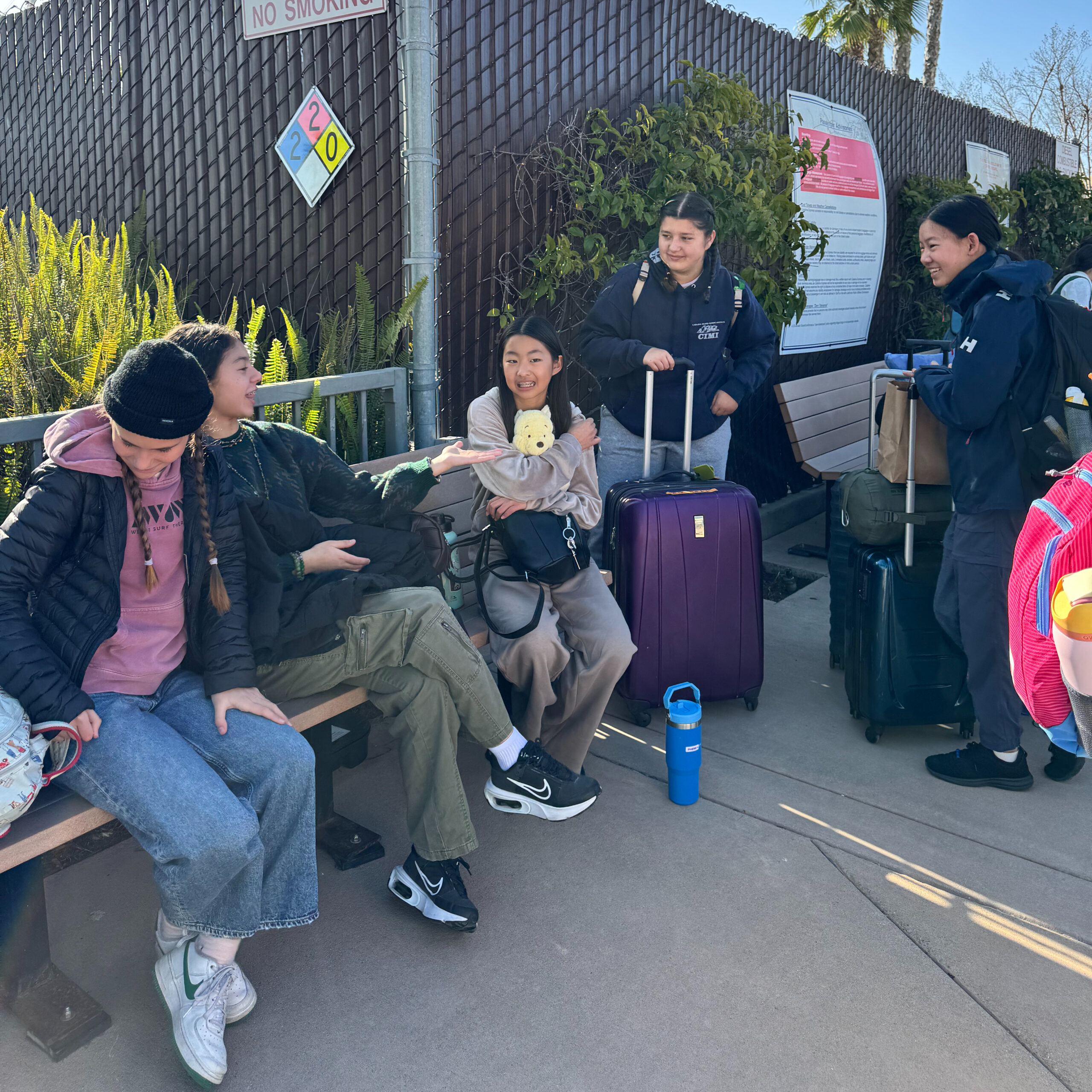
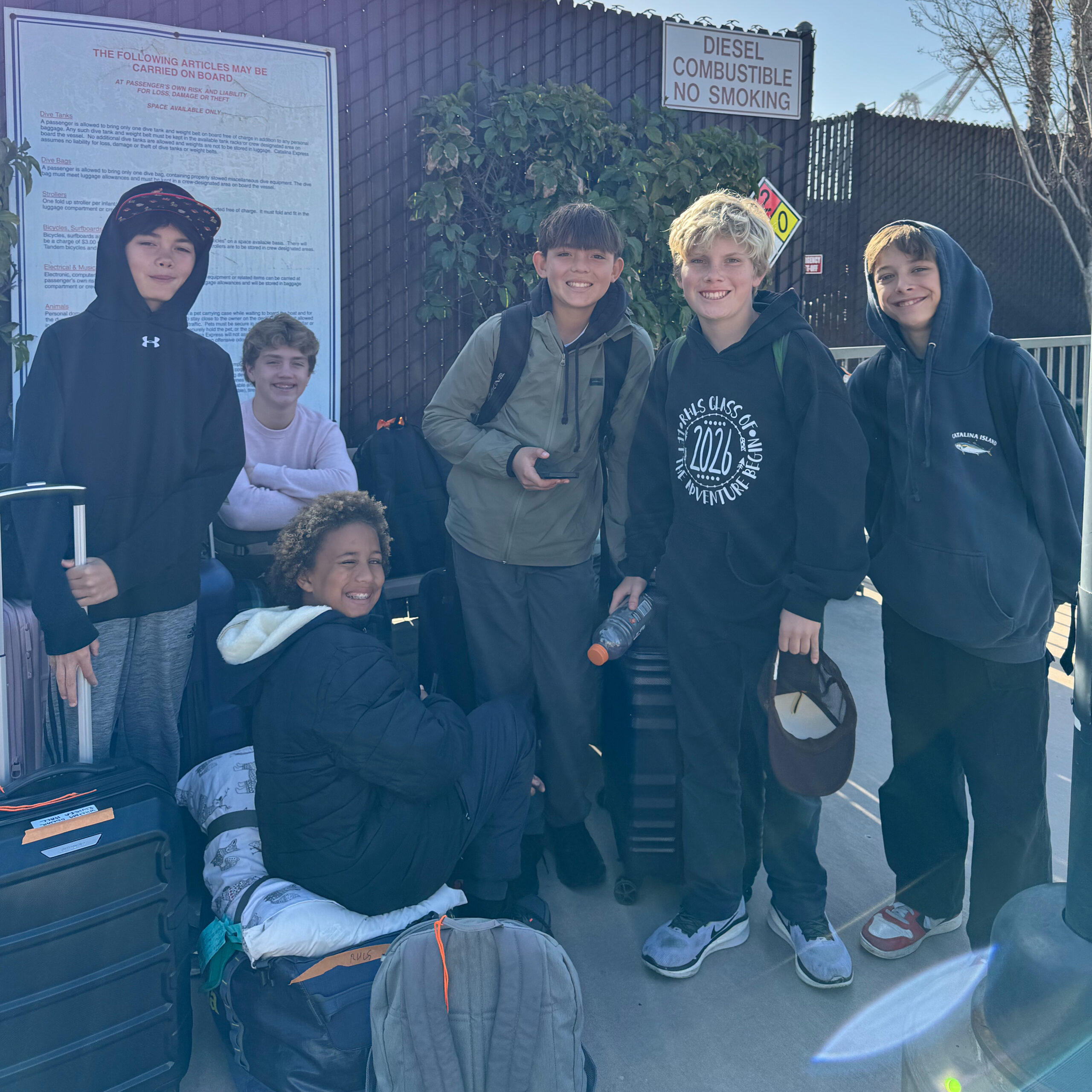
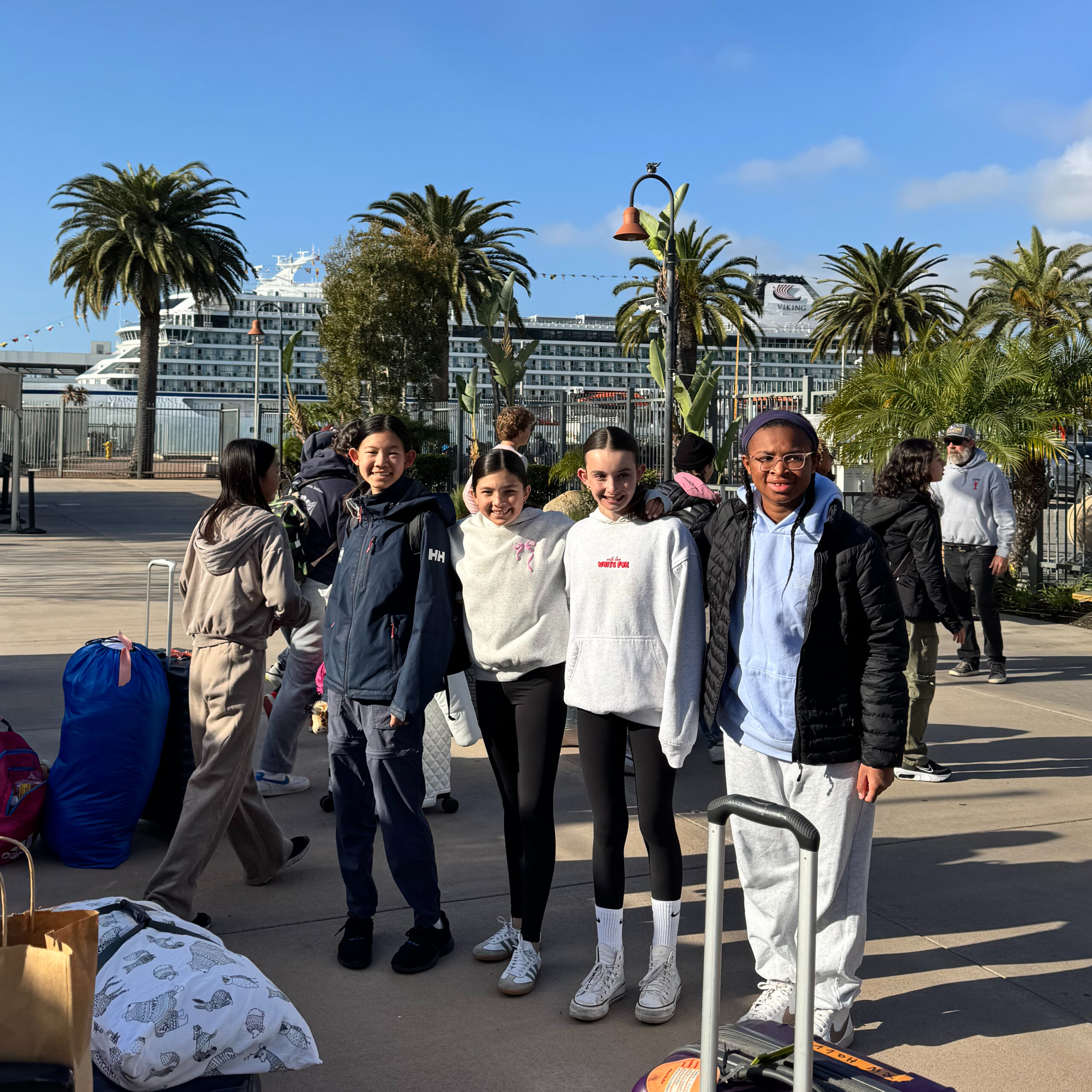
Homework Policy
Assignments are designed to reinforce in-class learning and build responsibility. Assignments are given daily and may include reading comprehension, vocabulary development, lab reflections, and project work. If an assignment is not completed during the class period it becomes homework, due the next day. Each class period has assignment-homework time built in so that students do not go home with a ton of homework. General assignments include outlining, Edpuzzles, Quizizz review questions, end-of-section questions, and Review & Reinforce section handouts.
Technology
Technology is integrated into the science curriculum. Students use Chromebooks for online digital textbooks, simulations, virtual labs, note-taking, Edpuzzles, assignments, and collaborative work in Google Workspace. Some assignments are distributed and submitted through Google Classroom. Other platforms used include Edpuzzle, Formative, Kahoot, Quizizz, Blooket, Canva, to name a few. Teachers also have a live-online digital agenda for assignments which is referenced daily for what’s happening each day during class and what assignments are to be completed.
